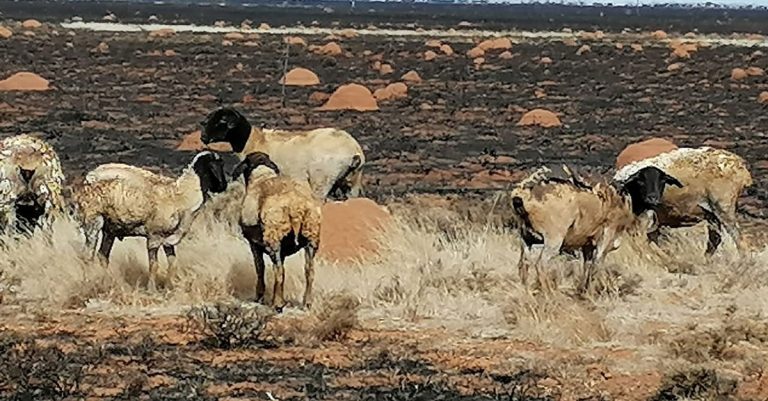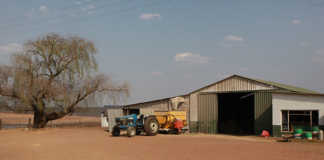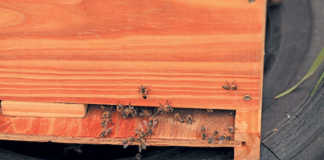
Photo: Annelie Coleman
Farmers in the Northern Cape and North West have suffered severe losses since Friday, 6 August, due to extensive wildfires.
A wildfire started on Friday, 6 August near Lohatla in the Northern Cape from where it spread to Kuruman and Daniëlskuil, while another started near Ventersdorp in North West on Sunday, 8 August, from where it spread towards Potchefstroom.
Surveys to assess the extent of damages were still in progress at the time of publishing, but Willem de Chavonnes Vrugt, president of Agri North West, said early estimates were of roughly 70 000ha to 80 000ha of land being affected by the wildfire in the Northern Cape.
“The area affected in the North West will probably be smaller than in the Northern Cape, but the quality of this land is generally higher than in the Northern Cape, which means that the size of losses could be very much the same, due to farmers being able to keep more animals per hectare,” De Chavonnes Vrugt explained.
The cause of the wildfires was still being investigated. De Chavonnes Vrugt, however, pointed out that the regions had received good rainfall, which resulted in the fire hazard being high in both provinces.
“We almost have daily incidents of small fires and encourage the public to be extra cautious to prevent fires. The situation is exacerbated as parts of these provinces had been subjected to drought from 2016 to 2018, and farmers are still rebuilding their herds, and are therefore not able to optimally graze the mass of grass that resulted from the good rainfall received this year.”
Farms owned by government was another cause for concern.
“Government currently has 4 800 farms on its books, of which many are no longer operational. In the absence of grazing and fire management strategies, these farms present a huge hazard, with many of the fires [that erupted] this season, starting there,” De Chavonnes Vrugt said.













